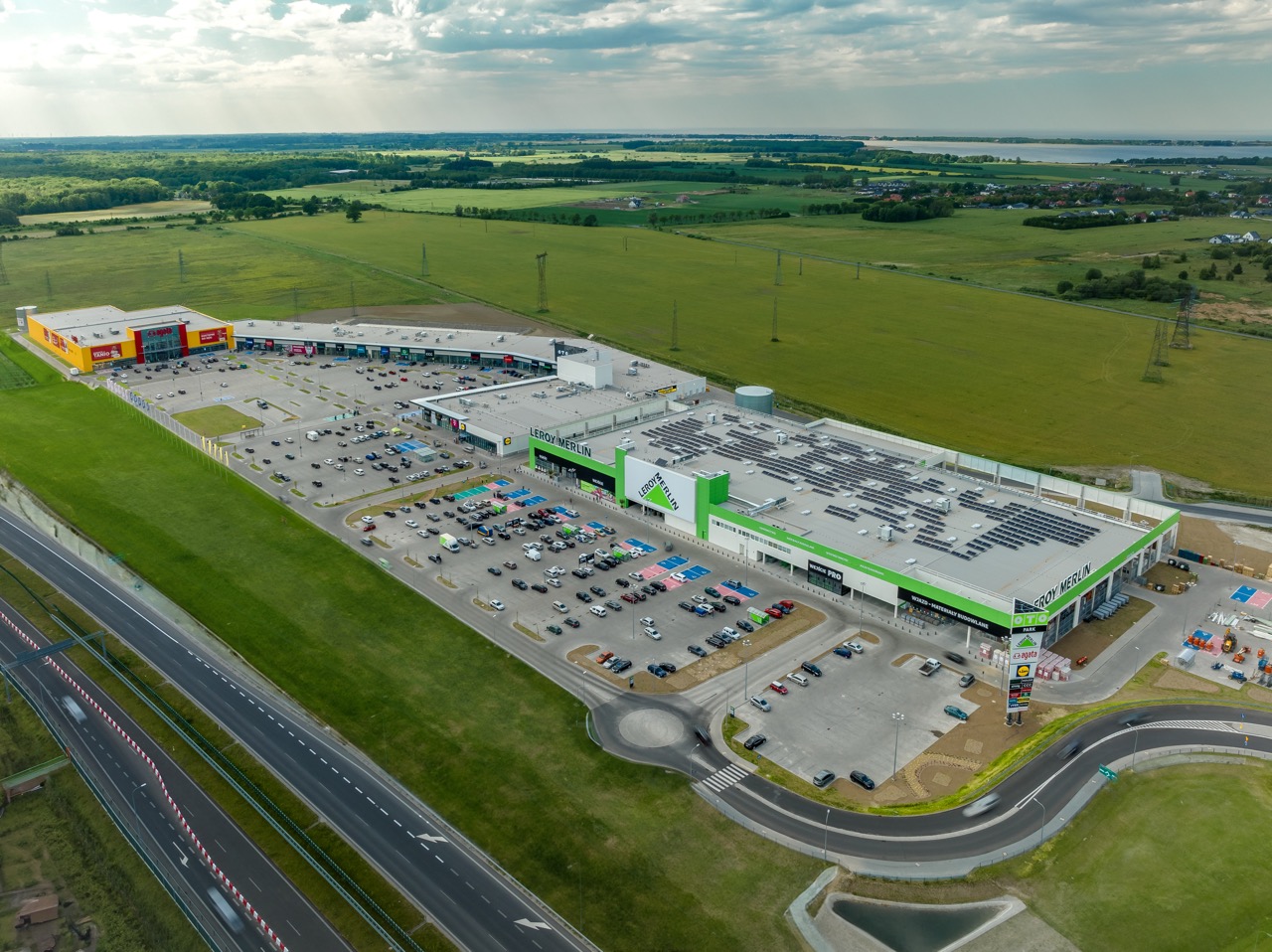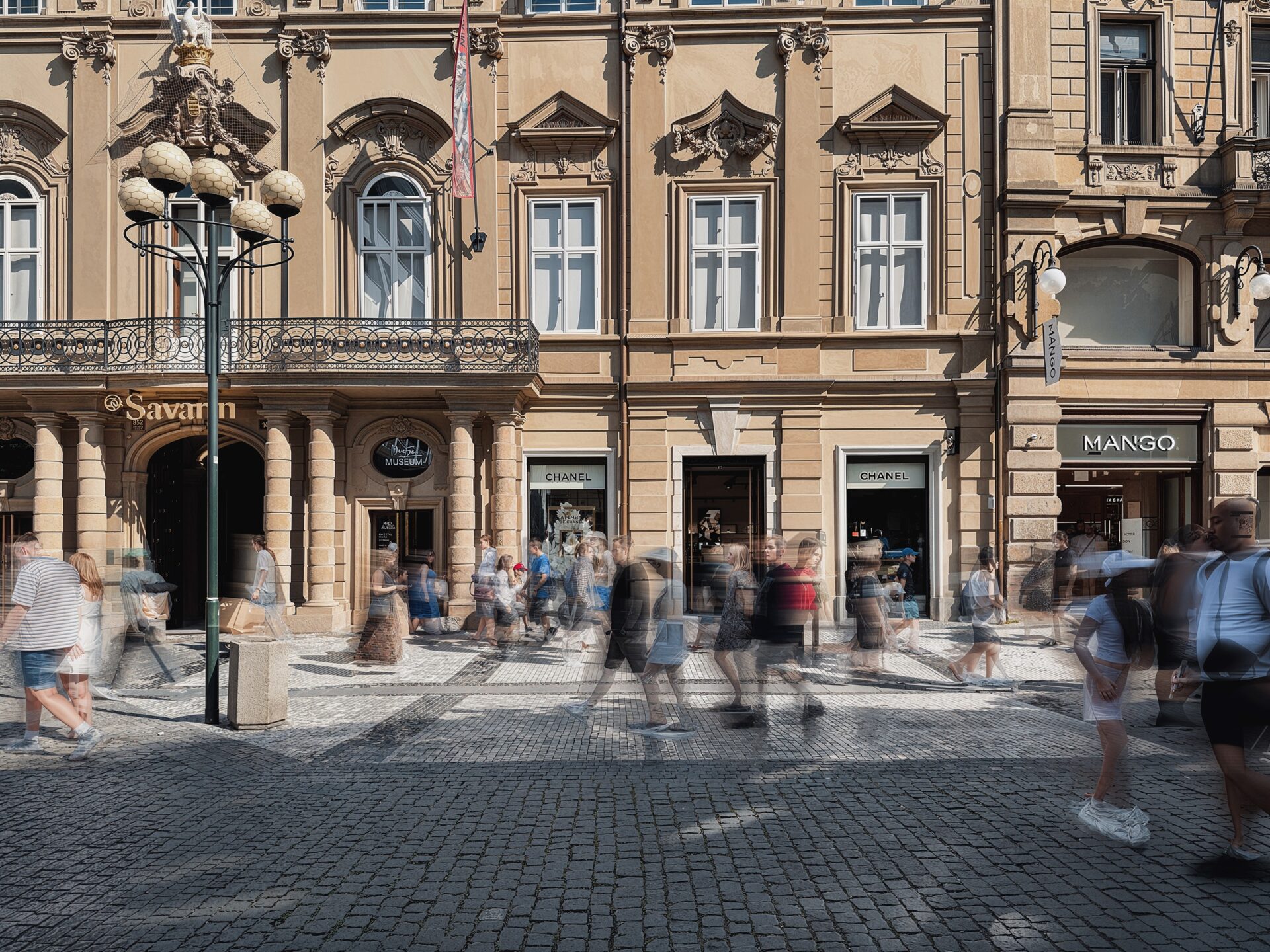Cushman & Wakefield presents a summary of the first quarter of 2018 on the Polish retail market in its latest report MARKETBEAT: Polish Retail Market.
Poland’s total retail stock stood at 14.3 million sqm in Q1 2018. By the end of March 2018, only 52,600 sqm of retail space had been delivered in three new shopping centres: Gemini Park in Tychy (36,600 sqm), Rondo Wiatraczna in Warsaw (11,000 sqm) and Galeria Nad Potokiem in Radom (5,000 sqm). The Polish market is seeing a continued focus on upgrading, redevelopments and extensions of existing shopping centres, driven by ageing retail schemes, changing consumer expectations and growing competition. Key refurbishments completed in Q1 2018 included Futura Park in Krakow, Auchan Bydgoszcz and Arkady in Wrocław. F&B and entertainment components are also expanding in shopping centres which are turning from retail-only schemes into leisure and meeting destinations. F&B and entertainment operators already account for up to 20% of retail space at prime shopping centres.
The retail development pipeline stands at more than 500,000 sqm, of which nearly 80 percent will be delivered in 2018. Almost 60 percent of the anticipated supply will come on stream in shopping centres to open in Poland’s largest cities: Forum Gdańsk (62,000 sqm) and Galeria Libero in Katowice (45,000 sqm). Development activity is also expected to pick up in smaller towns and municipalities with less than 100,000 inhabitants as more than 30 percent of this year’s retail supply is to be delivered there. Those markets have a big purchasing potential and relatively low retail space saturation levels.
“The introduction of the Sunday trading ban and its potential impact on footfall and turnover levels are a major challenge for the Polish retail market. Preliminary data has revealed an increase in shopping centre footfall on Thursdays, Fridays and Mondays, and a decrease on Saturdays. Both shopping centre and tenant management companies are closely watching how customer behaviour will evolve. A more in-depth analysis will be possible after four or six months,” said report author Małgorzata Dziubińska, Associate Director, Consulting and Research, Cushman & Wakefield.
2019 will see lower supply levels compared to 2018 as only one large-scale shopping centre is expected to open next year: the 71,000 sqm Galeria Młociny complex in Warsaw. The scheme is already 75 percent let.
“The Sunday trading ban is likely to fuel the growth of the Polish e-commerce market, which is expanding exponentially. Mutual complementation of online and offline channels is an important trend that all market participants need to adapt to. E-commerce growth can be an additional opportunity for retailers to gain a competitive advantage and increase customer loyalty,” said Anna Oberc, Associate, Operational Director, Retail Agency, Cushman & Wakefield.
“In early 2018 it seemed unlikely that Poland would attract any newcomers. Retailers put decisions on hold, watching the retail market and footfall figures closely as the partial Sunday trading ban took effect. As a result, Poland saw two brands enter the market in the first quarter of 2018: a kitchen cookware retailer Fissman and a global retailer Dealz, part of Europe’s largest chain of discount stores Poundland, which carries a general line of merchandise, including household items, food and drink, health and beauty products, toys and homeware. More brands are expected to open stores in Poland this year, including Tedi, offering household, stationery and electrical products, toys and DIY items,” said Lucyna Śliż, Associate, Business Development Director, Retail Agency, Cushman & Wakefield.







